Stockholm, stretching throughout 14 islands and 56 bridges, is called the Venice of the North, a part of an archipelago of round 30,000 islands and islets.
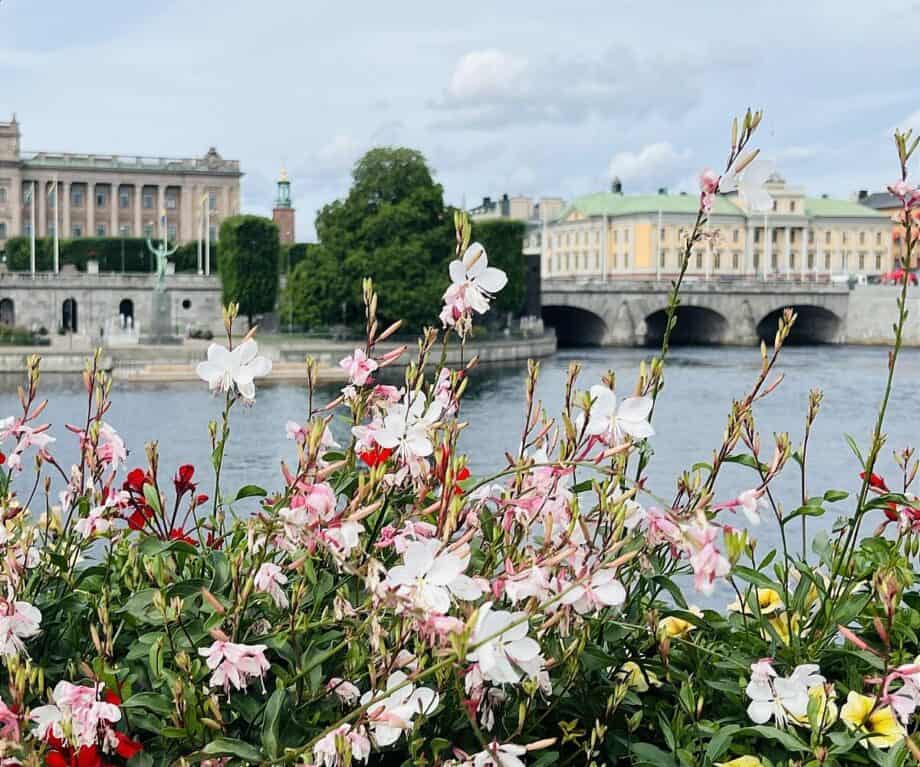
Way back, logs, referred to as shares in Swedish, have been used on a holm, an islet, to guard the contemporary water of Lake Mälaren from raiders approaching throughout the Baltic Sea. And that’s the story of how Stockholm acquired its identify. From the nineteenth century, Stockholm’s rich courses constructed grand mansions, incessantly overlooking lakes, aspiring to the architectural magnificence of Berlin and Paris.
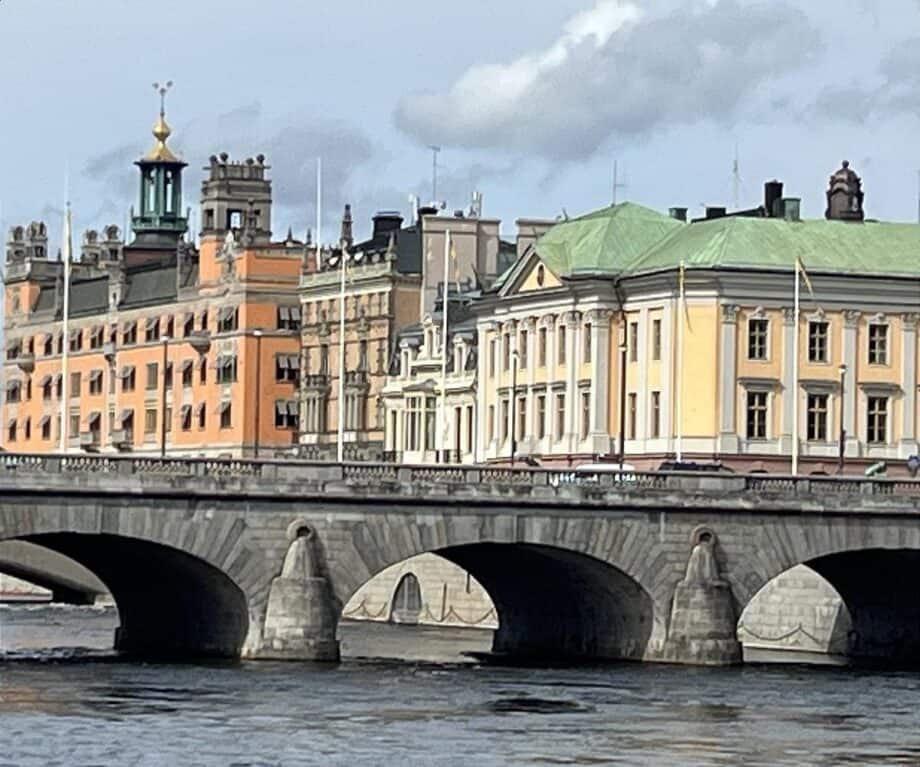

Immediately, Stockholm continues to develop. Though New York has SoHo, south of Houston Avenue, Stockholm now has SoFo, south of Folkungatan; a hip neighbourhood of artisan crafts, natural cafes and classic retailers.
1. Hop-on, hop-off bus
With 19 stops, the route of the crimson bus, takes in Stockholm’s artwork, tradition, delicacies and plenty of of its museums. It’s a inexperienced, scenic trip, passing a number of the parks and waterways that make up Stockholm.
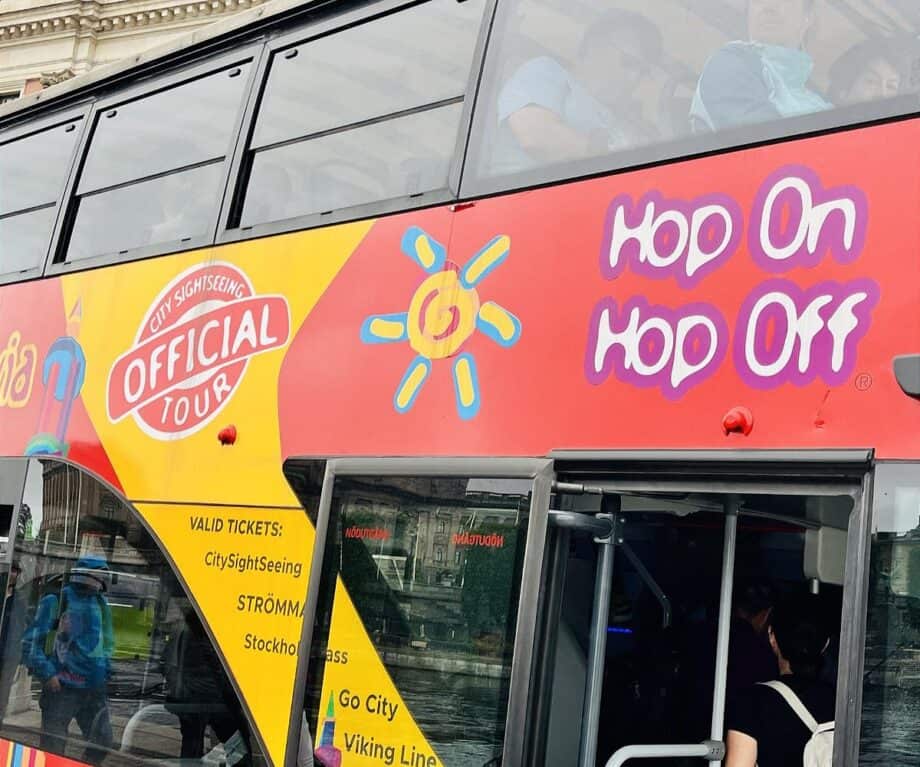

Earphone commentary tells of Greta Garbo’s grim and darkish childhood in a Stockholm tenement earlier than she turned a Hollywood icon. Her father earned little as a rest room cleaner and Greta was determined to make use of her performing expertise to flee to a greater life.
2. Skansen open-air museum
Earlier than ABBA, earlier than H & M, and even earlier than IKEA, there was the open-air museum of Skansen that started method again in 1891 presenting its imaginative and prescient of Sweden. Nostalgically exhibiting, in miniature, a rustic earlier than it was scarred by industrialisation. A forged of characters in aprons, breeches, frock coats and smocks have fun rural and concrete lives that had disappeared. There’s a mini zoo too, that includes Nordic animals.
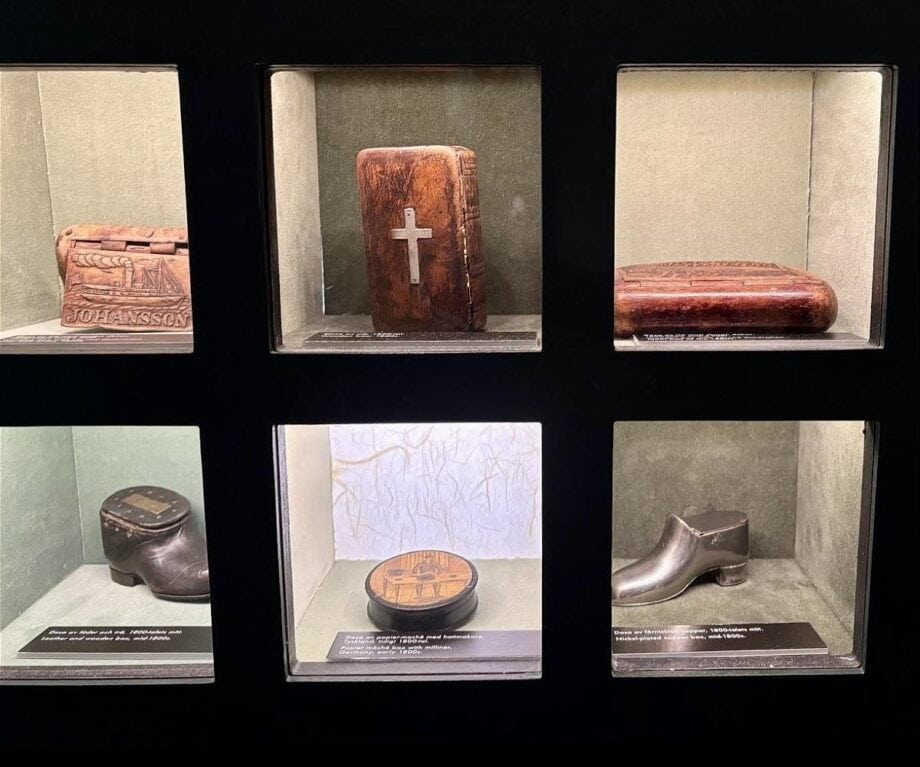

Stepping inside, a unusual museum chronicles the historical past of snuff, a behavior that’s nonetheless surprisingly robust in twenty first century Sweden.
3. The Vasa Museum
Was it a curse? Polish sabotage? Drunken sailors? Or poor design?
Gossip was rife when the brand new ship Vasa, laden with two gun decks on the King’s insistence, sunk. It went down nearby of watching Stockholm crowds in January 1628 on its maiden voyage.
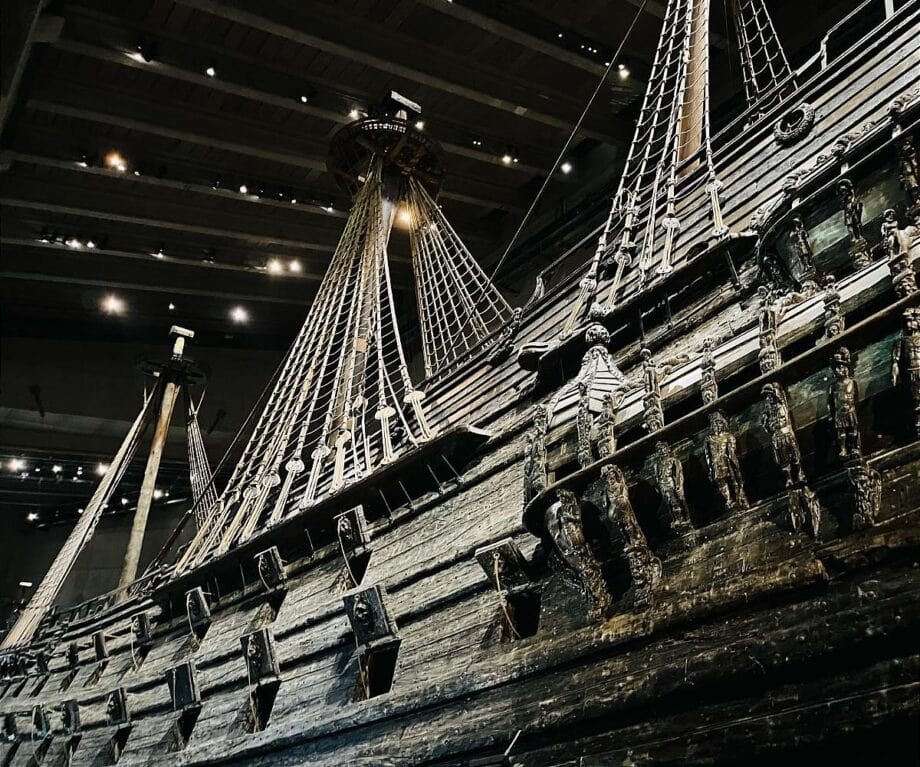

Then in 1961, the Vasa was raised from its watery grave, regardless of the corrosion of 6,000 bolts, restored and finally displayed within the Vasa Museum which is appropriately topped by three masts. A singular maritime time capsule.
Utilizing documentary proof, a dramatic brief movie recreates highlights of the inquest, which appeared to discover a scapegoat for the catastrophe – however failed to take action.
A bottle of 1628 Vasa liqueur, created from evaluation of a bottle that settled amongst the cannon and skeletons for 333 years, at 33% proof, is a potent anise-flavoured memento.
Every thing you want to plan your journey in 2025
4. The Viking Museum
With sword, knife, whetstone, reindeer horn comb and pouch hanging from his belt, a bearded Viking welcomes us to the museum. He explains how Vikings needed to be farmers in addition to warriors. Reacting opportunistically to circumstances on their explorations. If a settlement was robust, they traded, if it have been weak, they raided.


These Vikings ate meals very near modern dietary suggestions; low meat content material however excessive on fibre from barley, fruit and oats, supplemented with nuts and seeds.
5. Exploring the waterways
As Stockholm is a maritime collage of canals, harbours, lakes and the Baltic Sea, a ship journey takes you to the center and soul of town – as time and time once more you attain in your digicam. Hop on, hop off boats glide previous grand retailers’ homes, royal palaces, verdant parks and historic neighbourhoods.
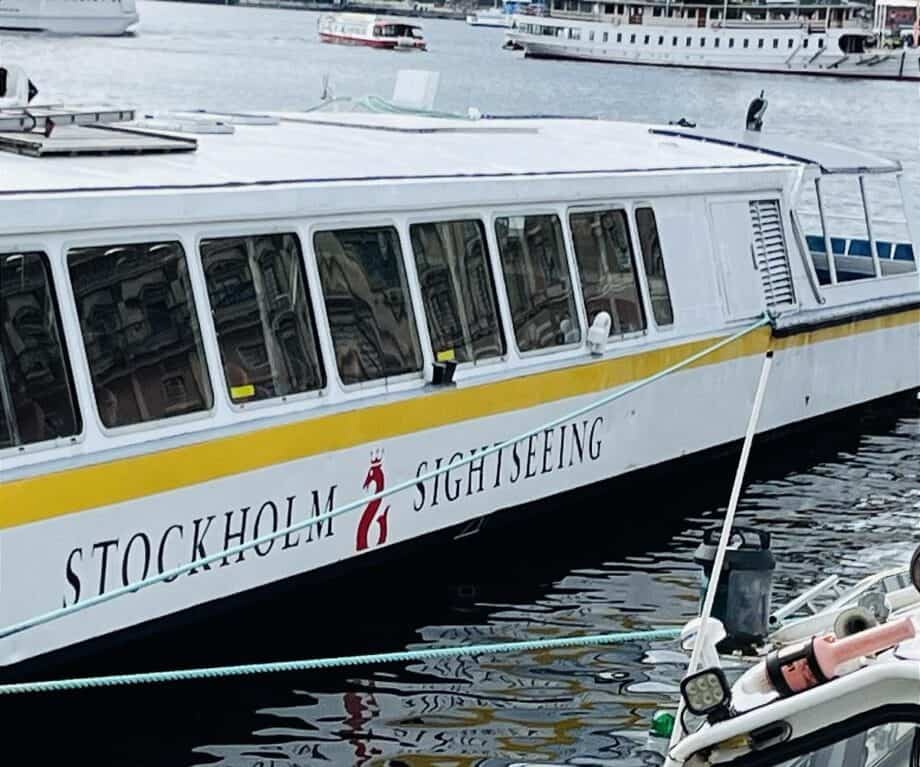

Arriving by boat is the easiest way to understand the Vasa Museum, the attraction of the Previous City of Gamla Stan and the thrills of the rides at Gröna Lund Tivoli.
6. A fika break
Wherever you might be, no matter you might be doing, stopping for a fika break is a part of the Swedish DNA of leisure. Slowing down for espresso and one thing candy, normally concurrently socialising, is such a Swedish cultural establishment that the phrase is each a noun and a verb.
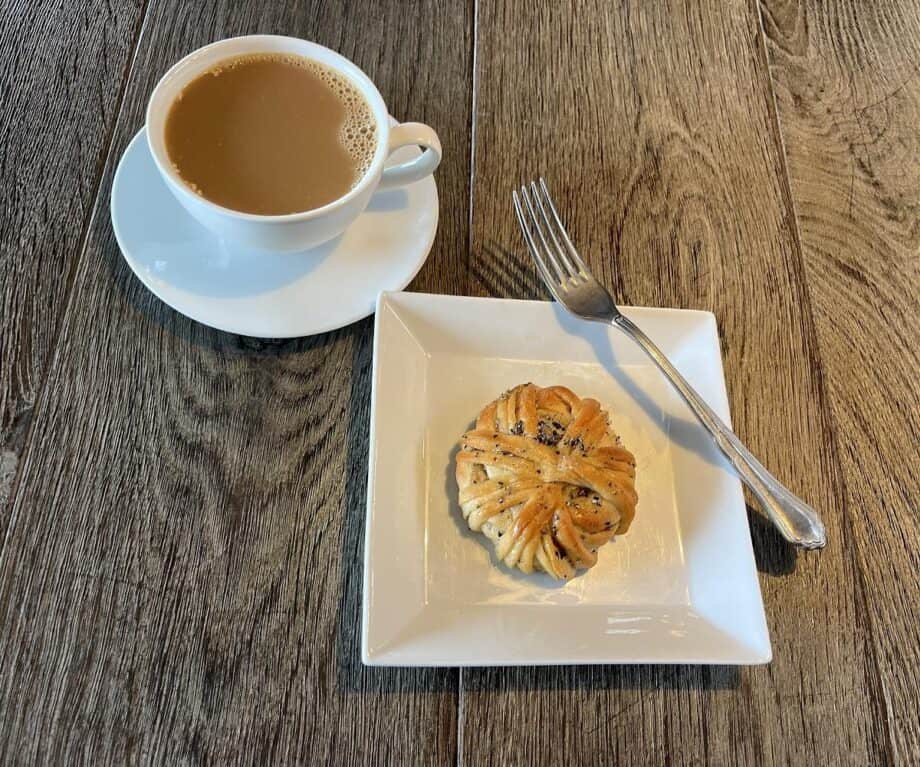

Some argue that fika derives from kaffi, an outdated Swedish phrase for espresso. Regardless of the etymology, Swedes drink extra espresso per head than most different nations.
7. Gamla Stan
Stockholm’s labyrinthian Previous City of twisting slim alleyways and cobbled streets date from medieval instances, although a lot of the townhouses have been constructed within the seventeenth and 18th centuries. Their yellow and rust facades have a fairy story atmosphere. These days, these homes are largely cafes, craft retailers, galleries and eating places.
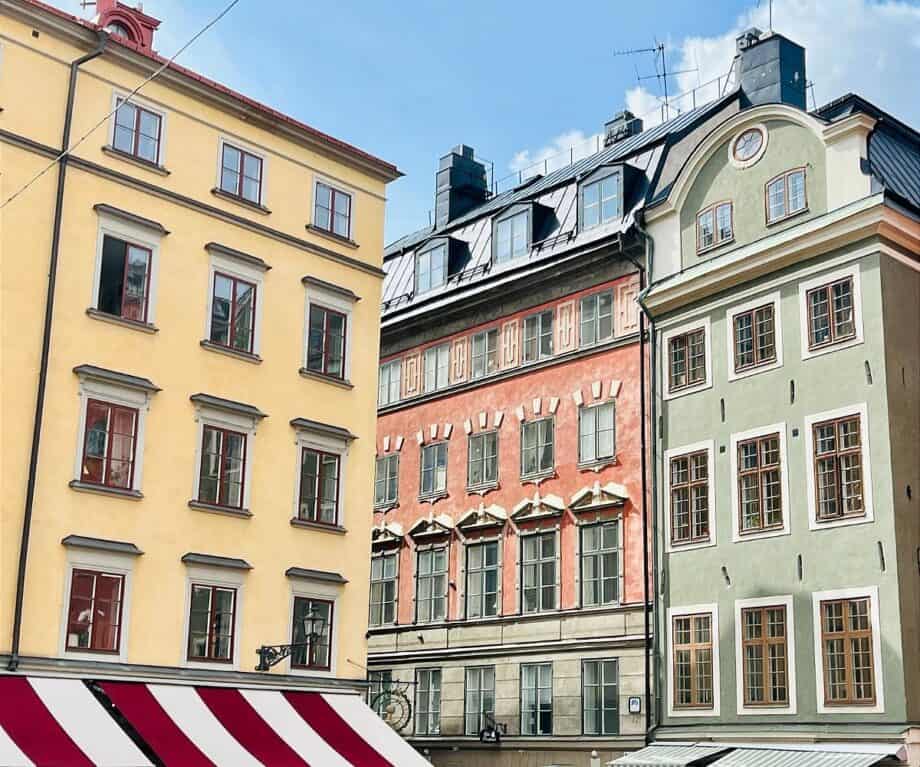

Because the Royal Palace is shut by, the altering of the guard, marching throughout the cobbles, is a every day navy routine
8. The Nobel Museum
On the coronary heart of Gamla Stan, the museum pays homage to the efforts of remarkable human beings. Inspirational women and men who, since 1901, have been awarded Nobel Prizes within the fields of Physics, Chemistry, Medication and Peace as designated by Alfred Nobel.
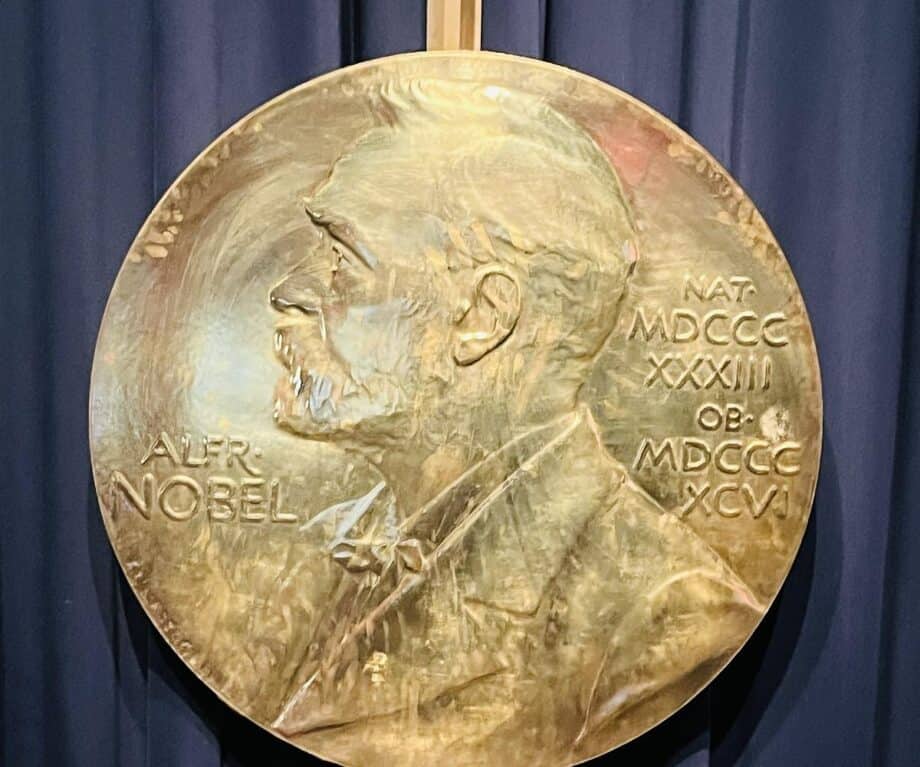

In Nobel’s will, the inventor of dynamite, dismayed on the destruction he had unwittingly triggered, decreed that his tens of millions must be used to ascertain prizes for mankind’s profit. Brief movies inform the story of the journey to a Nobel prize for scientists similar to Marie Curie and Nils Bohr in addition to peace-makers like Nelson Mandela and F.W. de Clerk.
9.The Modern Museum of Artwork, Images and Tradition
Primarily based in a 1906 crimson brick former Customized Home, the waterside Modern Museum of Artwork, Images and Tradition is considered one of Stockholm’s coolest locations.
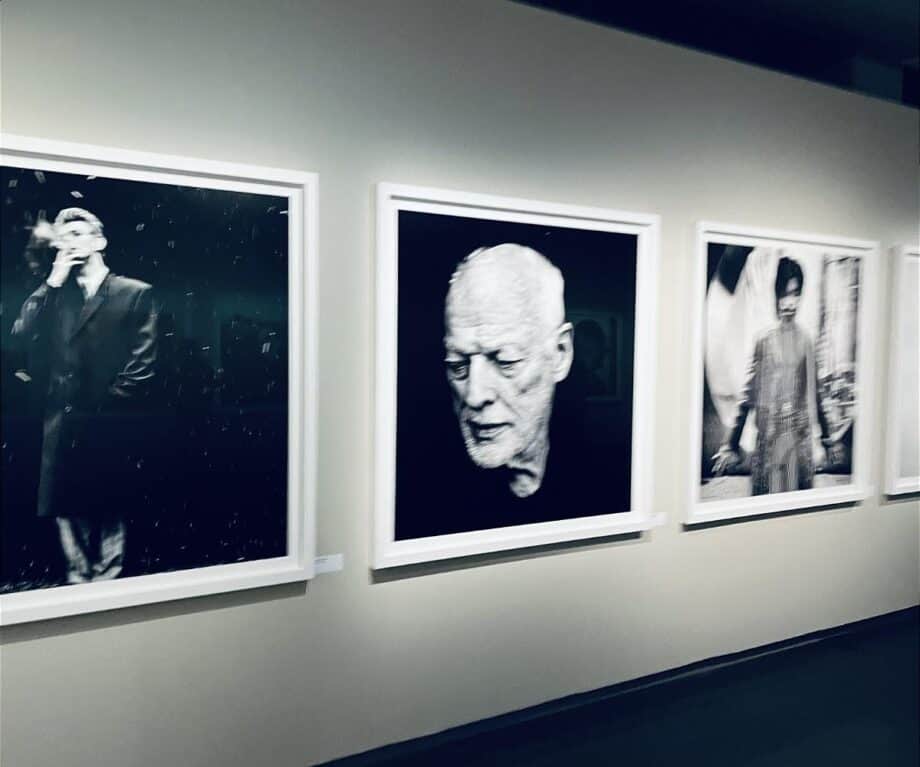

Exhibitions change incessantly. Presently Anton Corbojin’s stark portraits of rock stars, that strip away their movie star, is headlined by a darkly quizzical Nick Cave, and runs into October 2025. As does a retrospective of Hans Hammarskiöld life’s work, which incessantly challenges standard definitions of portraiture.
On the highest ground, the cafe and restaurant with image window views over Saltsjön is spacious Scandi-design which evokes guests to place collectively their very own photographic portfolio.
10. Stockholm’s parks
Approaching 40% of Stockholm is parkland. Way back, these acres have been royal property, for searching.
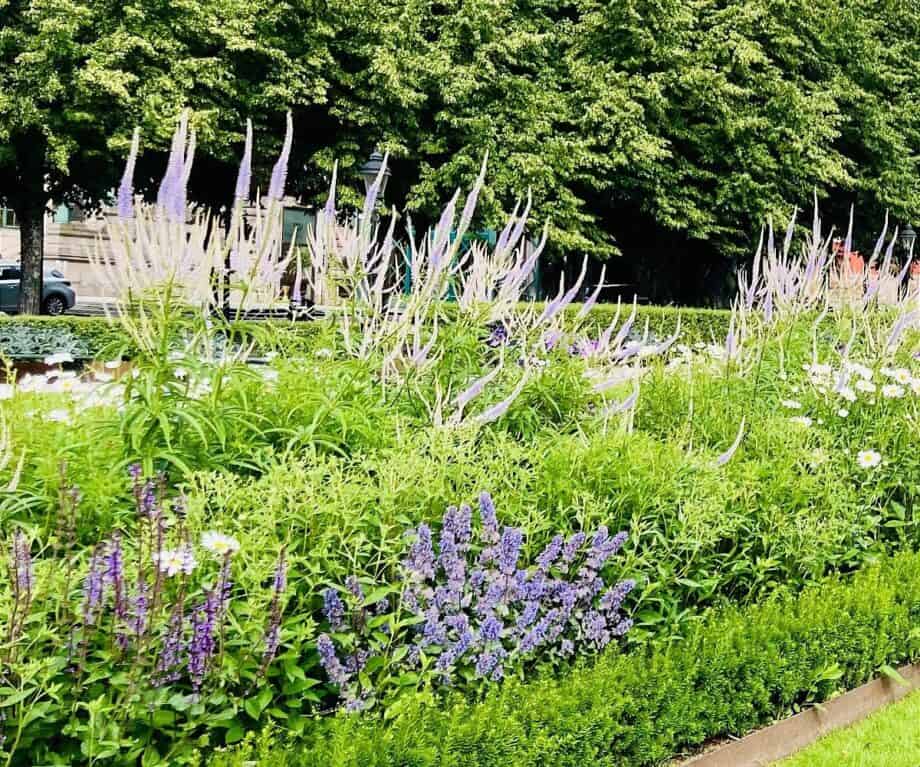

Or within the case of Humlegården, land for rising hops for the royal beer. Again within the days when it wasn’t secure to drink the water and royal sailors have been allowed to drink three litres of beer a day.
Now the parks are public areas for strolling, jogging, picnics, biking and naturally, discovering a restaurant for a fika break.
Disclosure: Our journey was supported by Go to Stockholm.
Did you take pleasure in this text?
Obtain related content material direct to your inbox.
Please allow JavaScript in your browser to submit the shape


